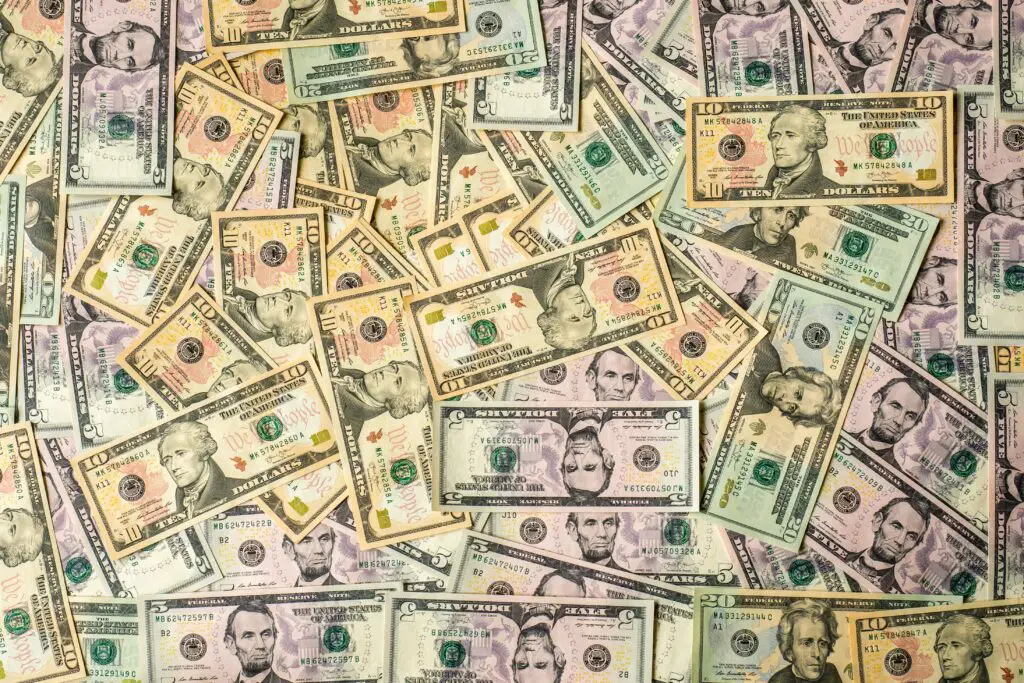Understanding the true magnitude of one million is not an easy task, as it is a number that is so vast it can be difficult to fully comprehend without proper context. Let’s take a closer look at what one million actually represents in various scenarios, providing examples to help illustrate its true scale.

First, let’s define what one million means exactly. One million is the numeric value 1 followed by six zeroes, which equates to 1,000,000. In the realm of computing and digital storage, one million is sometimes referred to as a “mega”, representing one million bytes or one million bits.
When it comes to counting or quantifying things, one million is a significant quantity. For example, if someone were to count from one to one million, it would take nearly 12 days, assuming they counted continuously for 24 hours a day at a rate of one number per second. That’s a long time to count!
In terms of money, one million dollars is considered a substantial amount of money that can be life-changing for most people. This amount could purchase a luxurious house, a fancy car, and still leave a considerable amount of money left over. However, for some, such as the ultra-wealthy, one million dollars may not be considered a significant amount of money at all.
Regarding time, one million seconds is equivalent to around 11.6 days. One million minutes is equal to approximately two years, and one million hours is equivalent to over 114 years! These numbers demonstrate how significant the number one million is in terms of time.
In terms of distance, one million inches is equal to 15.78 miles, while one million feet is equal to 189.39 miles. One million meters is equivalent to approximately 0.62 miles, while one million kilometers is equal to around 621.37 miles. These numbers give an idea of how far one million of something can be.
When it comes to population, one million is a significant number. Many cities worldwide have populations of over one million people, such as Los Angeles, Houston, and Chicago in the United States, or Tokyo, Osaka, and Nagoya in Japan. Additionally, one million people represent the population of some smaller countries, such as Bhutan, Cyprus, and Fiji.
In the animal kingdom, one million is also a significant number. There are over one million known species of insects alone, and many more species yet to be discovered. The blue whale, the largest animal on the planet, weighs around 200,000 pounds, which means you would need five blue whales to reach a total weight of one million pounds!
When it comes to computing and digital storage, one million is often used as a benchmark for large amounts of data. For example, one million emails would require approximately 100 gigabytes of storage space, while one million high-resolution photos would need around 1 petabyte of storage space. These numbers demonstrate the amount of data one million can represent.
In terms of sports, one million can represent a significant milestone. For example, in baseball, players who earn one million dollars in their careers are considered to have achieved a significant milestone. In basketball, players who score one million points during their careers are also considered to have reached a significant milestone.
In conclusion, one million is a large number that can be challenging to fully comprehend without proper context. Whether we’re discussing time, distance, money, or population, one million represents a significant quantity that can denote an important milestone or achievement. By understanding what one million means in various contexts, we can better appreciate its true scale and significance.
